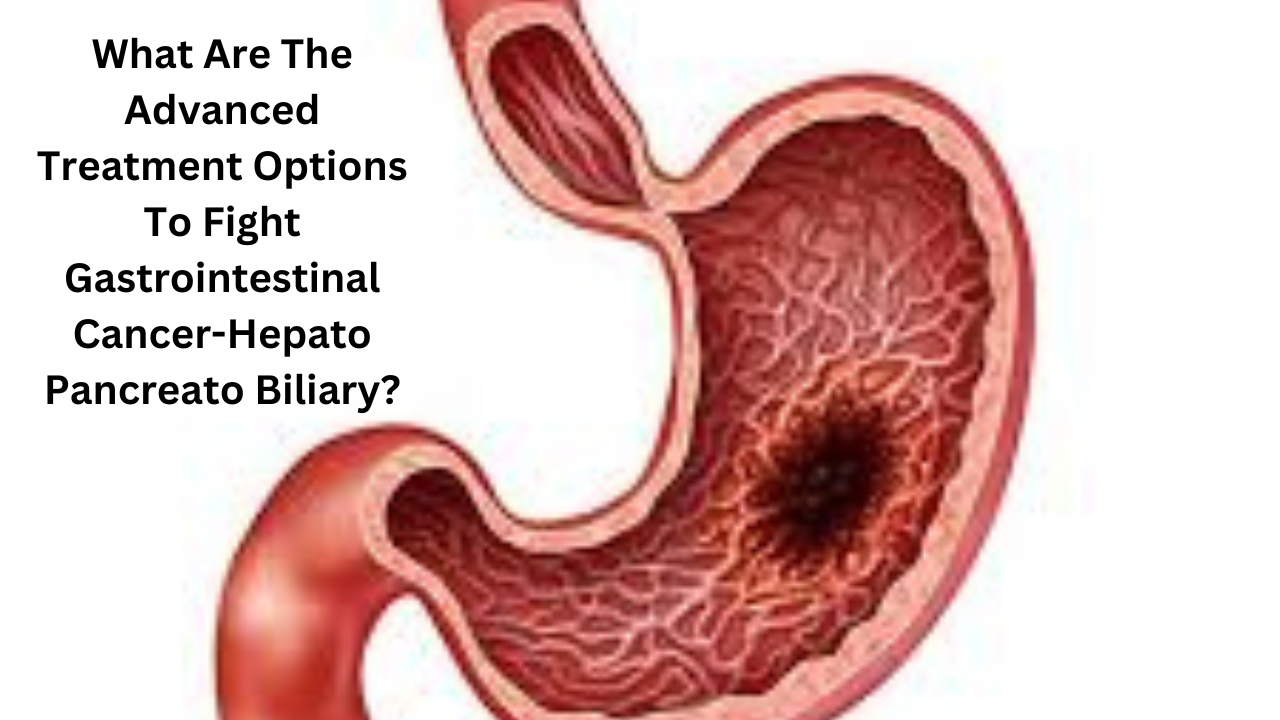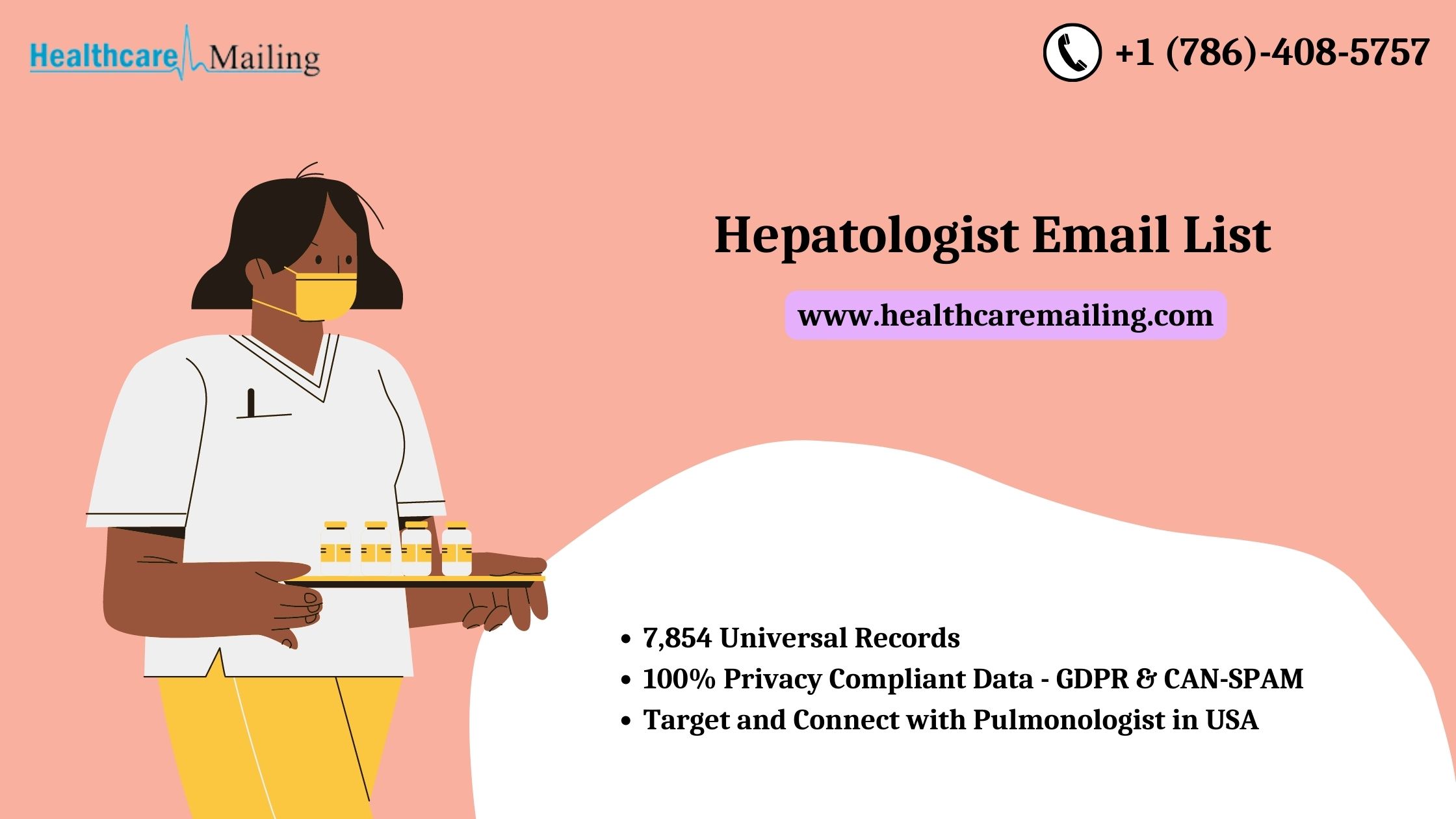Introduction:
Gastrointestinal cancer, or gastrointestinal tract cancer, is an umbrella term for a variety of cancers that develop in the gastrointestinal tract, including the esophagus, stomach, small intestine, colon, rectum, and anus.
This type of cancer is often referred to as “GI cancer” and is the most common type of cancer in the world. While treatment options vary depending on the type of GI cancer, advanced treatment options, such as immunotherapy, targeted therapy, and chemotherapy, are often recommended to fight GI cancer., we’ll be discussing the advanced treatment options available to fight gastrointestinal cancer – hepato pancreato biliary (HPB).
We’ll look at the benefits of these treatments and how they can be used to maximize the chances of a positive outcome. Horizon is the Best Chemotherapy Treatment in Hyderabad.
What Is Gastrointestinal Cancer?
If you’re like most people, you probably don’t know much about gastrointestinal cancer. That’s because this type of cancer is relatively rare, and it doesn’t typically cause any symptoms until it’s too late. In fact, stomach cancer is the second most common type of cancer in the United States, and it accounts for more than 50% of all gastrointestinal cancers.
That being said, gastrointestinal cancer is a serious disease that can have devastating consequences if not treated correctly. In this section, we’ll overview some of the different types of gastrointestinal cancer and discuss some of the risks and benefits associated with each treatment option.
We’ll also provide a brief overview of prevention methods to reduce your risk of developing this type of cancer in the first place. Finally, we’ll provide some resources for those affected by gastrointestinal cancer – both locally and online – so that you can find support during this difficult time.
So what are you waiting for? Start learning about gastrointestinal cancer today!
Advanced Treatment Options For Gastrointestinal Cancer-Hepato Pancreato Biliary
Cancer is a serious disease that can affect any part of the body. Gastrointestinal cancer is one of the most common types of cancer, and it can be deadly if not treated correctly. If you are diagnosed with gastrointestinal cancer, there are a number of different treatment options available to you.
The Different Types of Advanced Treatment for Gastrointestinal Cancer:.
1) Surgery: Surgery is often the first step in treating gastrointestinal cancer. This type of treatment is usually necessary when other treatments haven’t worked or when the tumor is too large to be treated with other methods. Depending on the type of surgery, patients may need to have parts of their intestines removed or have their tumors cut out completely. After surgery, patients may require extensive rehabilitation to help them regain their strength and mobility.
2) Chemotherapy: Chemotherapy is a type of treatment that uses drugs to kill cancer cells. These drugs can come in pill form or through injections into the body. The most common chemotherapy drugs used for gastrointestinal cancer are cisplatin and doxorubicin. These drugs work by damaging DNA and stopping cell growth.
While chemotherapy can be effective at killing tumor cells, it has several side effects including hair loss, fatigue, nausea, vomiting, diarrhea, and stomach pain. Patients who receive chemotherapy for GI cancer should also expect delays in weight gain and appetite changes due to the toxic effects of these drugs on the body’s cells and organs.
3) Radiotherapy: Radiation therapy uses high-energy waves to damage cancer cells without harming healthy tissue nearby. This type of treatment is often used in combination with other treatments such as chemotherapy or surgery.
Studies have shown that radiotherapy combined with chemotherapy leads to a higher rate of response (meaning that more than 50%of patients experience complete remission) compared to radiation therapy alone. However, like all forms of radiation therapy, radiotherapy has side effects including nausea, vomiting, diarrhea, skin problems, memory loss, fatigue, hair loss, numbness or tingling in fingers and toes.
Patients who receive radiation therapy for GI cancers should expect long term discomfort as their bodies slowly heal from this intense treatment. In some cases, radiation therapy may also cause secondary cancers (cancerous tumors that form after radiation therapy has been applied to another part of the body).
Radiation Therapy Can Help Fight Liver Cancer Too!
4) Targeted Therapy: Targeted therapies are specific medications that target certain types of cells within tumors. While chemotherapy kills many different types.
Combining Multidisciplinary Strategies For Optimal Outcomes
When it comes to gastrointestinal cancer, there are a number of advanced treatment options that are available to patients. With early detection and screenings, the spread of the cancer can be reduced, which leads to improved outcomes for patients. Below, we will outline some of the most common treatment options for gastrointestinal cancer and discuss their role in achieving optimal outcomes.
One important aspect of treating gastrointestinal cancer is surgical resection. This is when the entire tumor is removed from the body without causing any damage to surrounding tissue. By removing the tumor in this way, it reduces the risk of the cancer spreading and resulting in a poorer prognosis for patients. In addition, surgery may also be used as an adjuvant therapy to help prevent recurrences or metastases.
Immunotherapy is another effective treatment option that has seen great success in treating gastrointestinal cancer. With this approach, tumor cells are targeted with specific antibodies that seek out and destroy tumor cells. Although immunotherapy requires monthly treatments over several months or even years, its overall effectiveness is unmatched by other treatments available today.
Advanced imaging techniques such as CT scan or MRI play a vital role in diagnosis and staging of gastric cancers and can help to determine whether surgery or other treatments are necessary. These scans can also be used to monitor patient progress post-treatment and identify any potential side effects related to treatment (such as radiation exposure). In addition, biomarkers such as serum CA 19-9 levels can play an important role in predicting patient response to chemotherapy or radiotherapy treatments.
To provide personalized care for each individual patient, it’s important that multidisciplinary teams are assembled during treatment planning stages. This team may include oncologists (medical professionals who specialize in treating cancers), surgeons, medical oncologists (specialists who work with Immunotherapy), pharmacists (responsible for prescribing medications), dietitians (who help with dietary advice), social workers (who provide support during difficult times), and psychological experts (if needed).
Early identification of symptoms and tracking of patient progress through regular visits can lead to improved outcomes for both patients and their families members involved in their care.
Conclusion:
In Conclusion, this Article in Tricky Logics has given you the information regarding the health care of Cancer. Gastrointestinal cancer is a serious and complex disease that requires specialized care. Advanced treatment options, such as Hepato-Pancreato-Biliary (HPB) therapy, offer the potential to improve patient outcomes by providing more effective treatments. By utilizing these advanced treatments, patients can experience improved survival rates, better quality of life, and reduced side effects.








